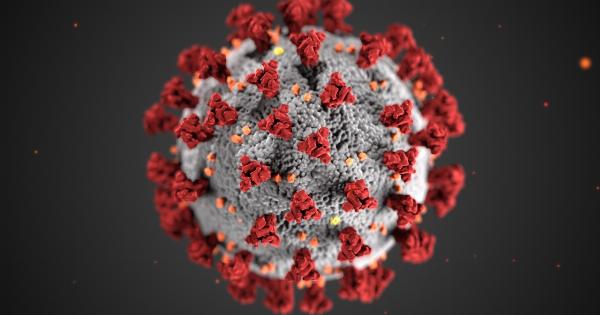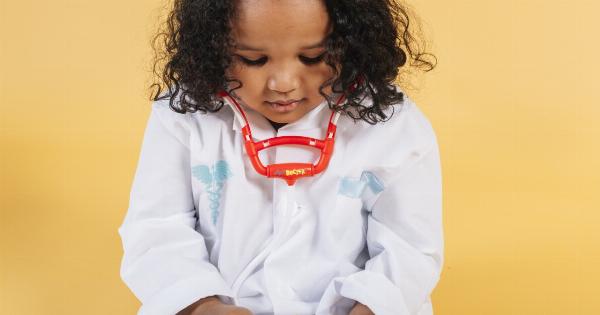Pneumonia is a dangerous respiratory disease that affects the lungs. It is a serious infection that can be life-threatening in some cases.
The disease can affect anyone, but it is more common among children, older adults, and people with weakened immune systems.
Causes
Pneumonia is caused by a variety of microorganisms, including bacteria, viruses, and fungi. These organisms can enter the body through the nose or mouth and reach the lungs, causing infection.
Some of the common bacteria that cause pneumonia include Streptococcus pneumoniae, Haemophilus influenzae, Legionella pneumophila, and Staphylococcus aureus. Viruses like influenza, respiratory syncytial virus (RSV), and adenoviruses can also cause pneumonia. Fungi like Pneumocystis jirovecii can cause pneumonia in people with weakened immune systems.
Symptoms
The symptoms of pneumonia can vary depending on the severity of the disease, the age of the person, and the underlying health conditions. Some of the common symptoms of pneumonia include:.
- Fever
- Chest pain
- Cough with phlegm
- Rapid breathing
- Shortness of breath
- Fatigue
- Nausea and vomiting
- Confusion (especially in older adults)
Diagnosis
If you experience any of the symptoms of pneumonia, it is important to see a doctor as soon as possible. Your doctor will ask about your symptoms and medical history and perform a physical examination.
They may also recommend some tests to diagnose pneumonia, including:.
- Chest X-ray
- Blood tests
- Sputum culture
- Bronchoscopy (if necessary)
Treatment
The treatment of pneumonia depends on the underlying cause of the disease. Bacterial pneumonia is usually treated with antibiotics, while viral pneumonia may not require specific treatment.
In some cases, antiviral medications may be prescribed to treat viral pneumonia. Fungal pneumonia requires antifungal medication. In addition to medications, your doctor may recommend rest, hydration, and other supportive care to help you recover.
Prevention
Preventing pneumonia involves taking some simple steps to reduce the risk of infection. Some of the ways to prevent pneumonia include:.
- Washing your hands regularly
- Avoiding close contact with people who are sick
- Covering your mouth and nose when coughing or sneezing
- Getting vaccinated (for bacterial pneumonia and some types of viral pneumonia)
- Quitting smoking (smoking increases the risk of pneumonia)
Complications
Complications of pneumonia can be serious and include:.
- Lung abscess
- Pleural effusion (where fluid accumulates in the cavity between the lungs and the chest wall)
- Respiratory failure (where the lungs don’t function properly)
- Sepsis (a potentially life-threatening condition where the body’s immune system overreacts to an infection)
Conclusion
Pneumonia is a serious respiratory disease that can be life-threatening in some cases. It is caused by bacteria, viruses, and fungi and can affect anyone, but is more common in children, older adults, and people with weakened immune systems.
The symptoms of pneumonia include fever, chest pain, cough with phlegm, and shortness of breath. If you experience these symptoms, it is important to see a doctor as soon as possible. The treatment of pneumonia depends on the underlying cause of the disease.
To reduce the risk of infection, taking some simple steps such as washing your hands regularly and avoiding close contact with people who are sick can be helpful.






























